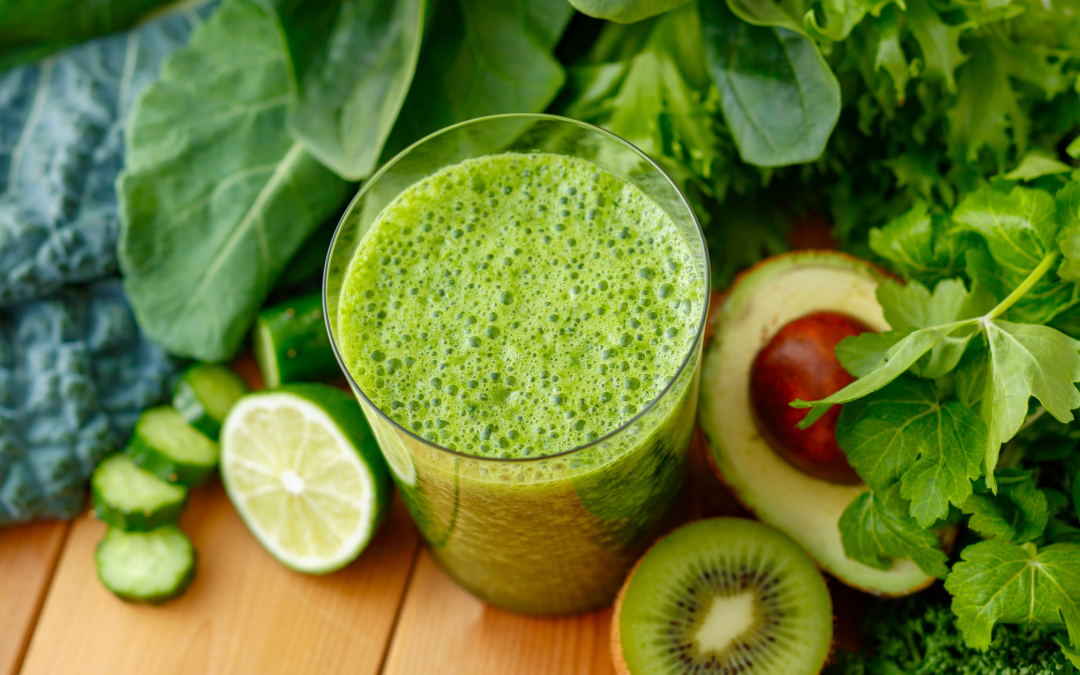Cycle syncing is a practice that involves aligning your diet and lifestyle with the different phases of your menstrual cycle. By understanding how your hormones fluctuate throughout the month, you can tailor your nutrition to support your body’s needs, boost energy levels, and maintain overall well-being.
Let’s break down how cycle syncing works, who it helps, and how you can easily incorporate it into your routine.
How It Works
The idea behind cycle syncing is to nourish your body with the nutrients it needs to thrive during each phase of your cycle. Here’s a simple breakdown:
- Menstrual Phase (Days 1-7): During menstruation, your body is shedding the uterine lining, and hormone levels are at their lowest. This phase is all about rest and replenishment. Focus on warming, mineral-rich foods that are easy to digest, like soups, stews, and iron-rich foods (think spinach, red meat, and lentils) to replenish what’s lost during menstruation.
- Follicular Phase (Days 8-14): As your period ends, oestrogen levels start to rise, bringing more energy and optimism. This is the time to focus on light, fresh foods that support this energy boost. Include fermented foods like yoghurt and sauerkraut to support gut health, and incorporate oestrogen-balancing foods like flaxseeds and pumpkin seeds.
- Ovulatory Phase (Days 15-17): Ovulation is when you’re likely to feel your best, with peak energy and mood. However, with high oestrogen levels, it’s also important to metabolise excess oestrogen. Load up on cruciferous vegetables like broccoli, Brussels sprouts, and cauliflower to help detoxify your body naturally.
- Luteal Phase (Days 18-28): In the luteal phase, progesterone rises to prepare the body for a possible pregnancy, leading to increased appetite and a need for more calories. Focus on hearty, nourishing meals that stabilise blood sugar and support mood, such as whole grains, sweet potatoes, and foods rich in magnesium like nuts and dark chocolate.
Who Benefits from Cycle Syncing?
Cycle syncing can be beneficial for anyone with a menstrual cycle, especially those who experience PMS, irregular periods, or hormonal imbalances like PCOS. It can also be helpful for women trying to conceive, as it supports the body’s natural fertility rhythms.
Even if you don’t have specific hormonal issues, cycle syncing can lead to more regular periods, less bloating, improved energy levels, and better overall well-being.
Easy Actionable Steps
Cycle syncing doesn’t have to be complicated. Here are some minimalist tips to get you started:
- Track Your Cycle: Use a simple app or calendar to track your menstrual cycle phases. Knowing where you are in your cycle will help you make the right dietary choices.
- Batch Cooking: Prepare meals in advance that align with the upcoming phase of your cycle. For example, make a big batch of soup during the menstrual phase or roast a variety of veggies during the luteal phase.
- Listen to Your Body: Pay attention to how you feel during each phase. If you notice you’re craving certain foods or feeling more fatigued, adjust your diet accordingly.
- Stay Hydrated: Hormonal changes can lead to water retention and dehydration, especially during the luteal phase. Drink plenty of water and herbal teas throughout your cycle.
Cycle syncing your nutrition is a simple yet effective way to support your body’s natural rhythms and enhance your well-being. By making small, mindful adjustments to your diet, you can experience a smoother, more balanced cycle with less discomfort and more vitality. Remember, the key is to keep it simple—focus on whole, nourishing foods that align with each phase, and let your body guide you.
This minimalist approach to cycle syncing can be a game-changer for your health. Start small, listen to your body, and enjoy the benefits of living in harmony with your natural cycle.











